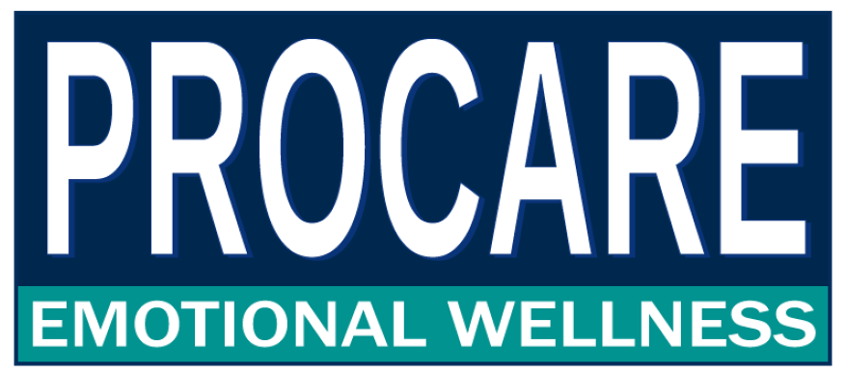Celebrating and Supporting Women’s Strength and Leadership
Every August, South Africa pauses to honour the resilience, power, and contribution of women. Women’s Day on 9 August commemorates the 1956 march of over 20 000 women to the Union Buildings to protest against pass laws. This historic moment reminds us that the strength of women is not new. It is woven into the very fabric of our nation.
At PROCARE, we take this month to not only reflect but to act. Our August theme, Empowering Women, is a call to celebrate the courage, strength, and leadership of women from all walks of life. It is a call to uplift their voices, recognise their impact, and continue building communities where women can lead, thrive, and be supported.
The Power of Women’s Leadership
Women’s leadership is powerful not because it replicates traditional models of authority, but because it often transforms them. Across cultures and generations, women have led in ways that centre collaboration, empathy, and resilience. These are qualities that are increasingly recognised as essential in today’s complex world.
Women bring a unique perspective to leadership, often shaped by their lived experiences and their ability to navigate multiple roles in families, workplaces, and communities. This multi-dimensional awareness enables them to lead with both head and heart, balancing strength with sensitivity, and assertiveness with care.
Research has consistently shown that when women are in leadership positions, organisations are more innovative, inclusive, and socially responsible. Teams led by women tend to perform better in crisis, communicate more effectively, and foster environments of trust and well-being. In political spheres, women leaders often advocate more strongly for social justice, education, healthcare, and community development.
But perhaps the most striking power of women’s leadership is its ripple effect. When a woman leads, she opens the door for others to follow. She becomes a role model not just for other women and girls, but for entire communities that begin to reimagine what leadership looks like. Her success becomes a shared possibility.
We see this in every sector: from women leading peace negotiations in conflict zones, to entrepreneurs creating jobs and supporting families, to grassroots activists building safer communities. Leadership does not always come with a title. Women are leading in homes, in schools, in places of worship, in social services, and in quiet moments of courage.
To support and celebrate women’s leadership is not just about fairness. It is about harnessing a deep well of untapped potential for the good of all.
Supporting Women’s Strength
To empower women is to actively create conditions where their strength is seen, heard, and respected. This can be done through:
Mentorship and Leadership Development: Encouraging women to grow in leadership through skills development, coaching, and mentorship opportunities.
Workplace Equity: Ensuring women have equal opportunities for advancement and recognition in all sectors.
Mental Health Support: Creating safe spaces for women to process their experiences, especially in environments where they carry both emotional and practical burdens.
Celebrating Everyday Wins: Whether it is the single mother holding her family together, the young woman rising in her career, or the older woman mentoring the next generation – every story matters.
Honouring the Legacy and Building the Future
The women of 1956 paved the way for a future where women would no longer be silenced. Today, we stand on their shoulders and look to the future. A future where our daughters grow up believing that leadership is not limited by gender, and where our sons grow up respecting and supporting women as equals.
Sources for Further Reading
Eagly, A.H. & Carli, L.L., 2007. Through the labyrinth: The truth about how women become leaders. Boston, MA: Harvard Business School Press.
McKinsey & Company, 2023. Women in the Workplace 2023. [online] Available at: https://www.mckinsey.com/featured-insights/diversity-and-inclusion/women-in-the-workplace.
United Nations Women, 2023. Facts and figures: Women’s leadership and political participation. [online] Available at: https://www.unwomen.org/en/what-we-do/leadership-and-political-participation/facts-and-figures.
World Economic Forum, 2023. Global Gender Gap Report 2023. [online] Available at: https://www.weforum.org/reports/global-gender-gap-report-2023.
As individuals, families, organisations, and communities, we each have a role to play in creating that future. It begins by acknowledging and celebrating the women already leading, already building, already transforming society.

